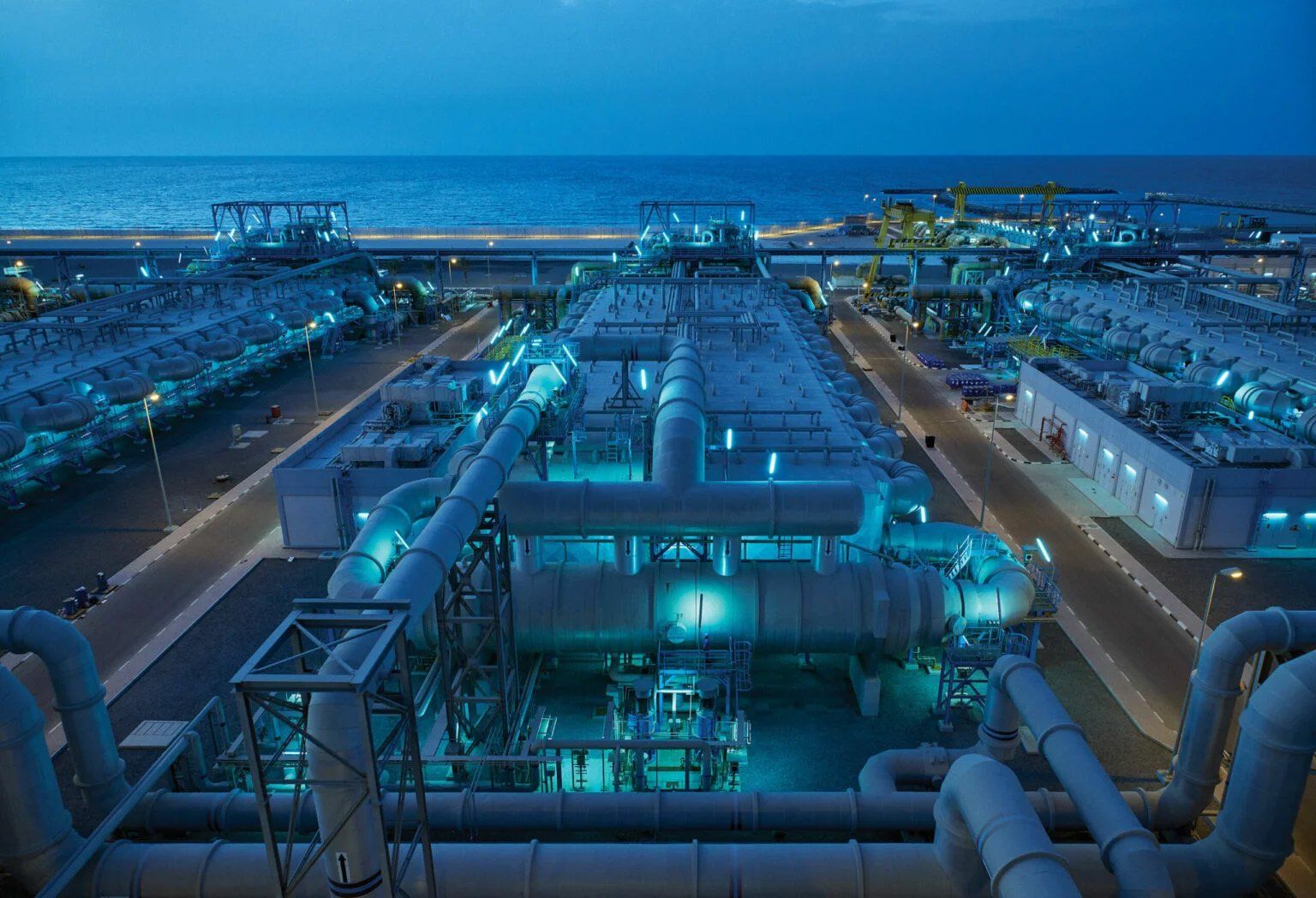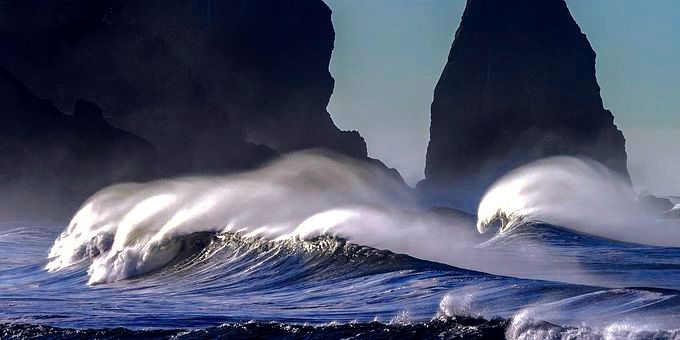The WOW Initiative - Wealth of Water
“Give a man a fish, feed him for a day. Teach him how to fish, feed him for a lifetime.”
- Old Proverb
This familiar proverb only applies to those who have a place to go fishing. There are hundreds of millions of people who don’t have a place to go fishing, swimming, take a bath, wash their clothes, etc.
For many of them it’s a daily trip to a river, bore hole or sometimes a well. Hopefully, it’s not far from their home, because water is very heavy to carry. The water they do get is for their daily needs, rarely for growing gardens or trees.
From day one, humans have depended on water for drinking, agriculture, hygiene, industry and recreation. With over 7 billion people on the planet, our growing need for water demands the creation of more freshwater. We must shift from a water shortage mentality to an attitude of abundance of water, "Fishing holes for everyone." Our survival depends on it.
PacificCoastLine -Credit Roger Mosley
For many locations, wells are going dry.
We need a long-term solution.
WOW'S GOOD NEWS
"The oceans are still full of salt water. And, over hundreds of years, we have learned several ways to turn it into fresh potable water, otherwise known as desalination."
Desalination is the source of freshwater for more than 300 million people worldwide who count on its ability to meet some or all of their daily water needs. International Desalination Academy (IDA).
There are already about 20,000 desalination plants around the world today. “Saudi Arabia has relied on desalinated water since the 1950’s and has since come to be the leading desalinated water producer in the world, with 7.6 million m3 produced daily accounting for 22 percent of global production,” U.S. – Saudi Business Council.
“When completed, the Ashkelon Israeli reverse osmosis desalination plant was by far the world’s largest and most advanced desalination plant. With a huge capacity of up to 330,000 m3/day and with extremely high efficiency levels, the Ashkelon desalination plant achieved one of the world’s lowest ever prices for desalinated water,” IDE Technologies, 24July 2021.
Finding new ways to lower production costs even more, desalination would become affordable. This paves the way to bring desalinized water into the mainstream. More fresh water equals more opportunities.
We are good at building pipelines - effective to move water to where it is needed.
WOW's APPROACH
University Engineering students are invaluable sources of new ideas/approaches when challenged properly. WOW will challenge university engineering students worldwide to a contest to lower the production cost of desalinating water. The yearly challenge will build upon the experiences from other challenges such as Gates Foundation (latrines) and the 3M Corporation (potable water) for a total of 3 or more years.
The top three yearly winning schools will be rewarded financially. We will also seek to have the winning teams recognized by the annual meeting of the International Desalination Academy (IDA) as well as the UN General Assembly.
In addition, we have identified two new potential profit centers for desalination plants:
Number 1
- Indoor food factories (close to the desalination plants) that utilize aquaculture methods for growing vegetables, fruits and fish for profit. This concept can utilize vertical space versus horizontal space. Temperatures, nutrients, and growing lights can be controlled. Water can also be recycled.
Number 2
- A proprietary concept that could have a major impact for improving plants’ growth and quality. We believe that savings will occur in building costs as more and more desalination operations are built. We will act as the spark that ignites the world to think of water as an abundant resource instead of a finite one.
We Believe The
Solutions Already Exist
- Some of the solutions need improvements, tweaking or additional partners.
- Others need a reallocation of resources, improvement of policies and/or manpower.
- Most importantly, they need a team of committed people!
We’ll say it again, the solutions already exist. The power to achieve change is within our wheelhouse.






